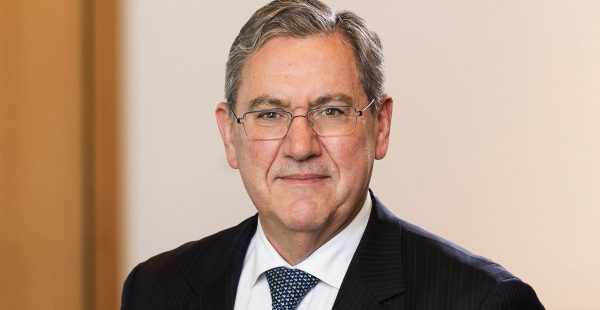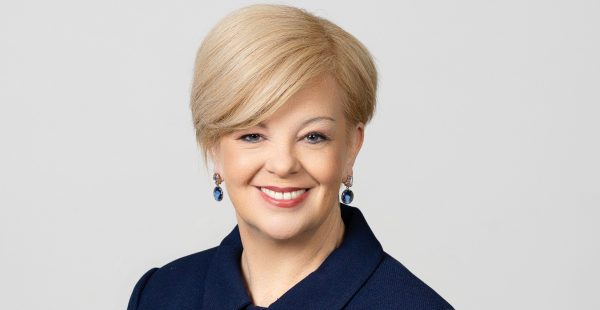APRA data confirms $1.3b advice expenditure

The money superannuation funds spend on advertising and marketing pales into insignificance when compared to what is spent on financial advice, both internally and externally.
The same Australian Prudential Regulation Authority (APRA) data which revealed that seven superannuation funds spent more than $250 million on advertising and marketing has also revealed more than $1 billion being spent on advice expenses by not only industry funds but retail funds and platforms.
The data reveal the emergence of the major platform providers such as HUB24 and Netwealth in the advice expenses equation, along with Macquarie and AMP North.
Hardly surprisingly, AMP Limited via its Wealth Personal Superannuation product which includes its North platform is ranked with the highest total advice expenses at $294,463,000, while Macquarie Super accounted for $213,453,757.
At the same time, Netwealth was listed as having spent $145,492,538 in total advice expenses, while HUB24 is listed as having spent $172,765,387, while Colonial First State spent $109,061, 847.
The biggest spender on advice among the industry superannuation funds was Aware Super with $44,271,102, while AustralianSuper spent 29,841,503 and Australian Retirement Trust spent $20,051,019.
Unsurprisingly, the data confirm significant expenditure by the big industry funds on intrafund advice, with ART spending $17,658,388, while HESTA spent $12,383,535 and Aware Super spent $10,727,717.











Hang on…
This isn’t super funds spending. This is Australian consumers purchasing financial advice.
Why is it written as if advice is a Trustee expense?
Because it is an attempt of the corrupt union funds to deflect the focus on the over $250 million they have used of members fund in advertising and sponsorships in clear breach of the sole purpose test. Not surprisingly their mates at ASIC and APRA have done nothing about this.
What a heap of “hog wag” that’s about as strong a word on can use here and not get kicked off advertising what Compare the pair or how to get a stupid big Orgre to run you super fund Both are in breach of the sole purpose test How do they help the existing members It money to rubbish any opposition and build up a bigger Union presence How and why are they allowed to continuously get away with it
Define ‘advice expense’ please Mike, doesn’t sound like a trustee expense to me. Do you mean payments by trustees to consultants for fund advice? Or do you mean members used some of their individual savings to pay for advice? The latter is hardly comparable with the ‘advertising / marketing’ expense you wrote about yesterday. The former would be a huge issue, begging deeper investigation. Apply some rigour please mate, who’s trying to stonewall us (you) here?
The framing here is absurd—super funds didn’t “spend” this money; Australians did, choosing to invest in financial advice to safeguard their retirement. This article follows a familiar narrative that paints advice fees as “costs” that “erode balances,” benefitting those who want to discourage Australians from accessing independent financial guidance.
This is a blatant attempt by union-controlled funds to deflect attention from the over $250 million they’ve funneled into advertising and sponsorships. Yet, predictably, their ideological allies at ASIC and APRA have turned a blind eye to this misuse of members’ funds. Instead, these bodies fixate on advice fees, reinforcing a narrative that distracts from real issues: questionable spending practices within these funds, which serve interests far removed from member benefits.
Lumping personal advice fees with unnecessary fund spending on entertainment and travel is pure narrative creation. The real question: who benefits most from pushing Australians away from professional, independent financial advice?
If you want to call these Real Adviser fees as Super Funds expenditure, then they should be paid for via the same as Intra Fund sales and a Collective charge to All members.
Or maybe there is no need to have the Adviser Fee Consent & Adviser Fee Disclosure statements done, as the relate to people using their OWN super savings to pay for Advice.
Can’t have it both ways ASIC, APRA & Industry Super. Oh but you sure try too spin crap at every angle.
It’s my money, I can spend it, how I see fit.
Especially if I’ve reached my preservation age. Is the Government telling me it’s not my money and indeed any withdrawal is now an expense? Are they going to freeze members fund. Is that what this terminology means.
The real question is why are all those other funds not helping clients to get Financial Advice.
Seems so.
There is something very wrong here framing these figures this way.
I’d like to see the professional associations call it out.